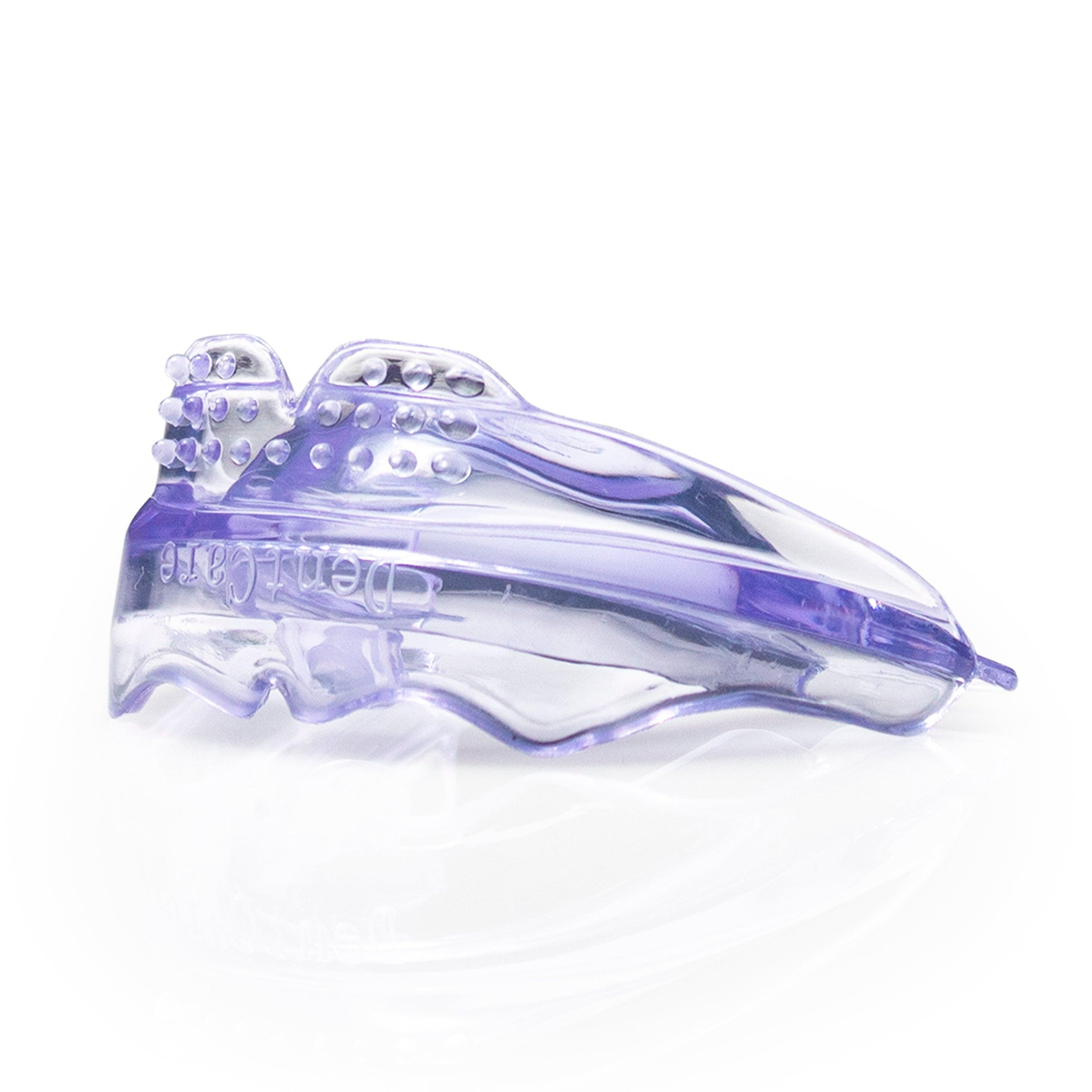Banishing Bad Breath: Understanding and Safely Removing Tonsil Stones
Who hasn't experienced the dreaded "morning breath?" We all have! But sometimes, that lingering bad breath can be a sign of something more serious - tonsil stones. These little white or yellow nuggets can form in the crevices of your tonsils, causing a whole host of unpleasant symptoms.
Let's dive into the world of tonsil stones, their causes, prevention, and, of course, how to get rid of them.
What are Tonsil Stones?
Tonsil stones, also known as tonsilloliths, are calcified clumps of debris that form in the crypts (small pockets) of your tonsils. They're essentially little mineral deposits, food particles, and bacteria that get stuck in your tonsils.
Imagine your tonsils as a maze, and tonsil stones are like little treasures hidden in the corners. While they may be small, they can cause big problems.
| Symptoms of Tonsil Stones | Description |
|---|---|
| Bad Breath | This is a common symptom, as the bacteria trapped in the stones produce foul odors. |
| Sore Throat | The stones can irritate the tonsils, causing pain and discomfort. |
| Trouble Swallowing | The stones can make it difficult to swallow, especially if they are large. |
| Ear Pain | In some cases, tonsil stones can refer pain to the ear. |
| Coughing | The irritation caused by the stones can trigger a cough. |
| Swollen Tonsils | The tonsils may become inflamed and swollen due to the presence of the stones. |
What Causes Tonsil Stones?
So, why do tonsil stones form? It's not always clear, but there are a few factors that can increase your risk.
- History of Infections: If you've had tonsillitis or other throat infections, the scarring that can result can make it easier for tonsil stones to form. Those tiny crevices provide the perfect hiding spot for debris.
- Large Tonsils: If you're blessed with large tonsils, you're more likely to experience these little troublemakers. It's just more space for them to get cozy.
- Chronic Sinus Issues: If you have chronic sinus problems, the mucous drainage can irritate your tonsils, leading to tonsil stone formation.
- Poor Dental Hygiene: Not brushing and flossing regularly can lead to a buildup of bacteria in your mouth, which can contribute to tonsil stone formation.
How to Prevent Tonsil Stones
Now that you know what causes tonsil stones, let's talk about how to prevent them.
- Practice Good Oral Hygiene: Brushing and flossing twice a day is essential, especially if you're prone to tonsil stones.
- Use a Tongue Scraper: While you're at it, don't forget to give your tongue a good scrape. This helps remove bacteria and food particles that can contribute to tonsil stone formation.
- Stay Hydrated: Drinking plenty of water can help keep your mouth moist and flush out bacteria and debris.
- Gargle with Salt Water: Gargling with warm salt water can help soothe your throat and reduce inflammation.
How to Get Rid of Tonsil Stones
Okay, so you've got a tonsil stone, now what? Here are some ways to banish those pesky little nuggets:
- Gargling with Mouthwash: Mouthwashes can help reduce bacteria and loosen the stones.
- Gargling with Apple Cider Vinegar: Diluted apple cider vinegar can also help break down the particles that make up the stones.
- Coughing: A gentle cough can help dislodge the stones.
Important Note: While these home remedies can be helpful, it's always best to consult with your dentist or an ENT (ear, nose, and throat) doctor if you have persistent tonsil stones. They can properly diagnose and treat the issue.
Alidon Products for a Healthy Mouth
Remember, maintaining good oral hygiene is crucial for preventing tonsil stones. Alidon offers a range of products designed to help you achieve a healthy, bright smile.
- Teeth Whitening Kit: This kit helps remove stains and brighten your smile.
- Teeth Transformation Kit: This kit is designed to help you achieve a straighter smile.
- Smile Aligner Kit: This kit is a great option for those who want to straighten their teeth without braces.
FAQ
Q: What are the best ways to prevent tonsil stones?
A: The best way to prevent tonsil stones is to practice good oral hygiene, including brushing and flossing twice a day, using a tongue scraper, and staying hydrated.
Q: Can I remove tonsil stones myself?
A: While there are some home remedies that can help loosen tonsil stones, it's best to consult with your dentist or an ENT to determine the best course of action.
Q: Are tonsil stones contagious?
A: Tonsil stones are not contagious. They are caused by a buildup of debris in the tonsils.
Q: What should I do if I have a tonsil stone that is causing me pain?
A: If you have a tonsil stone that is causing you pain, it's best to consult with your dentist or an ENT. They can provide you with the best treatment options.









